|
Say “Thank You” in 8 languages In Ireland, some of the very first words you learn to say are “ta ta”. As a toddler, my parents would ask me “what’s the magic word?” whenever I was handed or given something. (Usually Marietta biscuits.....with butter oozing through the little holes!) So in many ways saying “Thank You” becomes an automatic good-mannered response when receiving something. So …when I first thought of this topic, I had in mind expressing gratitude in a “foreign” language when receiving goods or services while visiting in foreign countries or perhaps when working with non-English speaking work colleagues. I definitely have experience at first-hand how a simple “thank you” and a smile (if you can stretch to that 😊) often leads service people to being more understanding and helpful. Whether that’s at the airport, in shops, hotels or restaurants. Or at work. There is no one on this planet to my knowledge that feels worse off for having been acknowledged and thanked for their efforts. You yourself will feel great to be thankful and appreciative, even for the small things you experience in everyday life. And there is no better way than to learn the local lingo for saying “thank you”. But before I set out the 8 languages I’ve learnt to say “thank you” …. it got me thinking about gratitude itself. I have every reason to be thankful …..not just for goods and services…… but the kindnesses and help shown to me throughout my life. Particularly in the last 2 years since my illnesses. Countless little gestures that strangers and friends alike have done for me….holding doors, opening gates, letting me disembark from Dublin's Luas tram without running over me like a herd of elephants. Even Dublin taxi drivers….not always known for their understanding …..have been universally patient with me as they wait for me to “gather myself together” and manoeuvre out of the back of their cab with walking cane, handbag, umbrella. Who knew?!?! 🤣 But there is a growing body of research which shows that there are many psychological benefits to being grateful, including feeling happier and lowering stress, depression and anxiety. Thinking positively about all the things we have to be thankful for…not limited to getting goods and services. Not only that, there is also scientific evidence that expressing genuine gratitude on a daily basis can improve physical health as well by improving quality of sleep, cardiovascular (heart) health and immune function. Imagine that … something as simple as how we think about our lives and the people in them actually has a profound impact on our health! So clearly a spirit of gratitude and appreciation is an essential skill for everyone – young and old – to foster and develop! Gratitude promotes optimism and helps us to develop a more positive outlook. It lets us pause for a moment to reflect on something we have in our life right now instead of always striving for more … the next goal, the new dress, the new toy, the new car, or the house renovation …Gratitude is simply cultivating a genuine appreciation for what we already have. In his classic book, How to win friends and influence people, Dale Carnegie wrote about the value of smiling at people and helping others to feel important and valued. He suggested that you should show people how much you appreciate them and be grateful for what they do and for the contributions they make. Let’s face it, smiling is such a simple way of expressing to someone in the street that you value and acknowledge their presence as a fellow traveller. In his book The Gratitude Effect Dr. John Demartini outlined how important gratitude is in everyday life and also how it can transform any personal or business relationship for the better. He has some interesting ideas about how we can be grateful in everyday life and one of his quotes that I love is this: “Wisdom is the instantaneous recognition that crisis is a blessing.” If you learn how to deal with negative experiences and emotions and to see the positives and the blessings in the situation it develops a greater understanding of yourself. Even in the midst of crisis and change there are lessons to learn and things to be grateful for! I for one have learnt more about myself over the last two years than the previous 20! December kicks off the holiday season with high expectations for a cosy and festive time of year. However, for many this time of year is tinged with sadness, anxiety, or depression. Certainly, major depression or a severe anxiety disorder benefits most from professional help. But what about those who just feel lost or overwhelmed or down at this time of year? Thinking about …and being thankful for…what you have instead of what you haven’t will always help your mood. In the US, the festivities begin as early as Thanksgiving, a whole holiday built originally around expressing gratitude and being thankful for a bountiful harvest, safety, for the love that binds families and friends together and for faith. All these centuries later families and friends still come together to give thanks….and to feast and watch football 😁. Gratitude is a thankful appreciation for what you receives whether tangible or intangible. With gratitude, you acknowledge the goodness in your life. In the process, you usually recognise that the source of that goodness lies at least partially outside yourself. As a result, gratitude also helps you connect to something larger than yourself — whether to other people, nature, or a higher power. People feel and express gratitude in multiple ways. They can apply it to the past (retrieving positive memories and being thankful for elements of childhood or past blessings), the present (not taking good fortune for granted as it comes), and the future (maintaining a hopeful and optimistic attitude). Robert Emmons (2010), the preeminent scholar in this field, makes the argument that gratitude allows a person to:
Below is a little exercise from TextmyJournal.com to remind you for a full month of things to be grateful for every day. So now you know WHY saying “Thank You” is important…..now HOW to express “Thank You” in 8 Different Languages (Other Than English). One of the best free Apps to use for translation in many of the main languages is Google Translate I have found: 1. Chinese – “xiè xie” (phonetically “syeh-syeh”) 2. Greek – “efharistó” 3. Hawaiian – “mahalo” 4. Irish – “go raibh maith agat” (phonetically “guh rev mah agut”) 5. Japanese – “arigatō gozaimasu” (phonetically "ah-ree-gah-toh goh-zah-ee-mas) 6. Norwegian – “takk” (phonetically "tackk") 7. Portuguese – “obrigada” 8. Sign Language (Irish & American) Bucket List Items Ticked Off in the above Blog post Number 50 - Skills - Learn to say Thank You in 8 Languages Other Blog Posts Blog 7 - Alice Springs, Australia Blog 8 - Adelaide, Australia Blog 9 - Melbourne, Australia Blog 10 - Cairns, Australia Blog 11 - Sydney, Australia Can you speak more than one language? Which ones and how did you learn? What are you most thankful for? If you liked this post, please share. Sharing is caring 😊. And if you'd like to be reminded of new posts, sign up to my e-mail reminder!
0 Comments
Leave a Reply. |
AuthorMy name is Mary and this is my bucket list blog ...having survived a near-death experience. I hope it encourages you to "live your best life". See how I'm completing my own bucket list items. And let me know how you're getting on with yours! Archives
July 2024
Categories
All
|
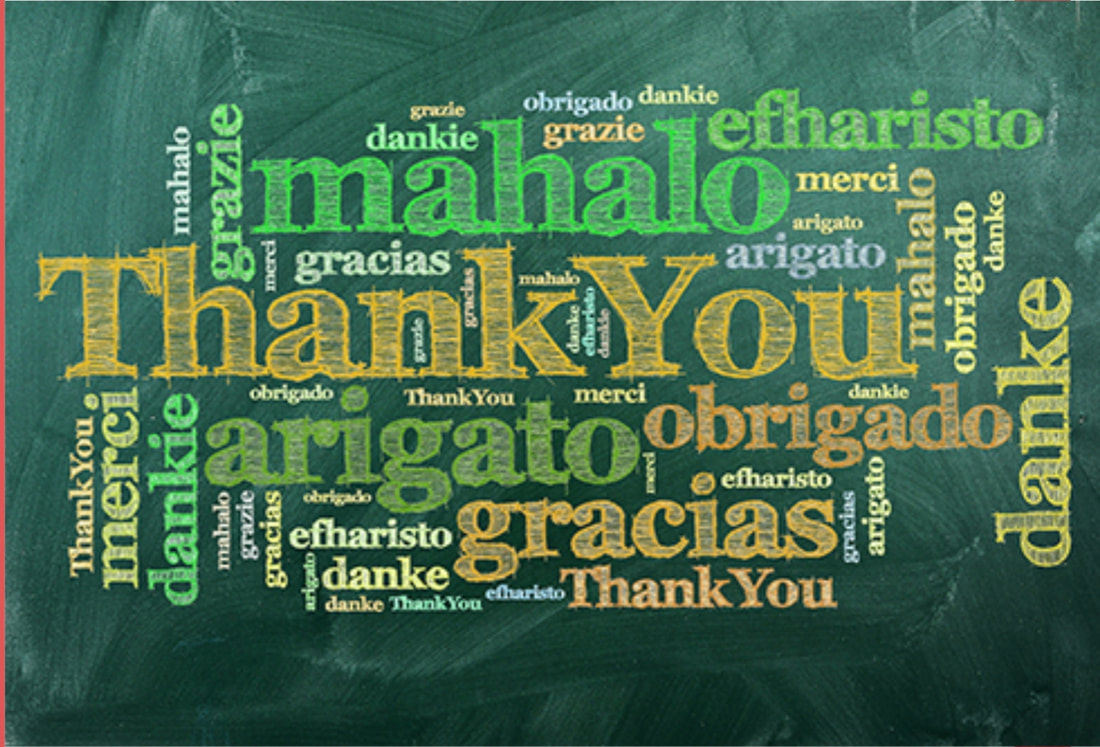
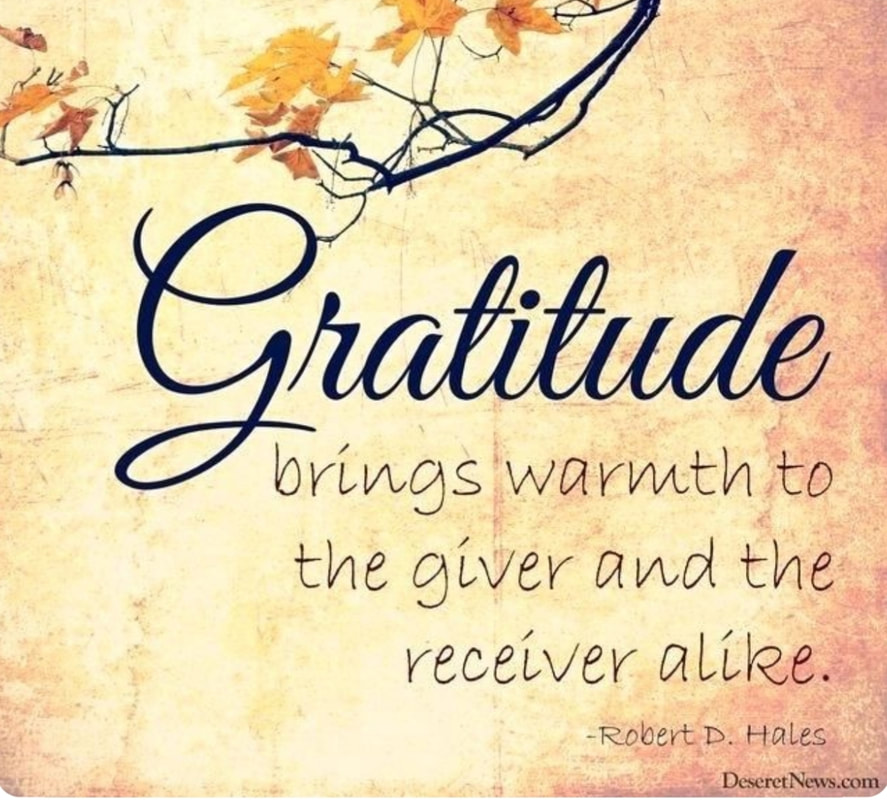
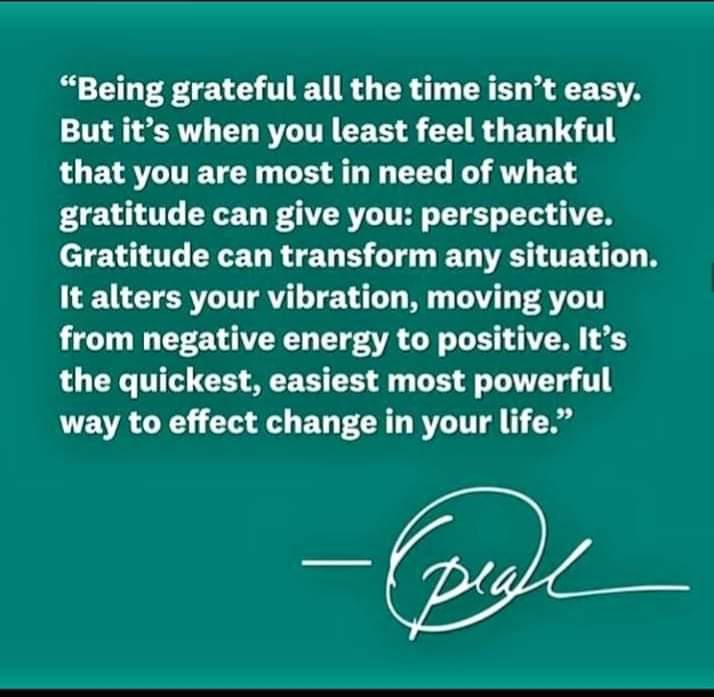
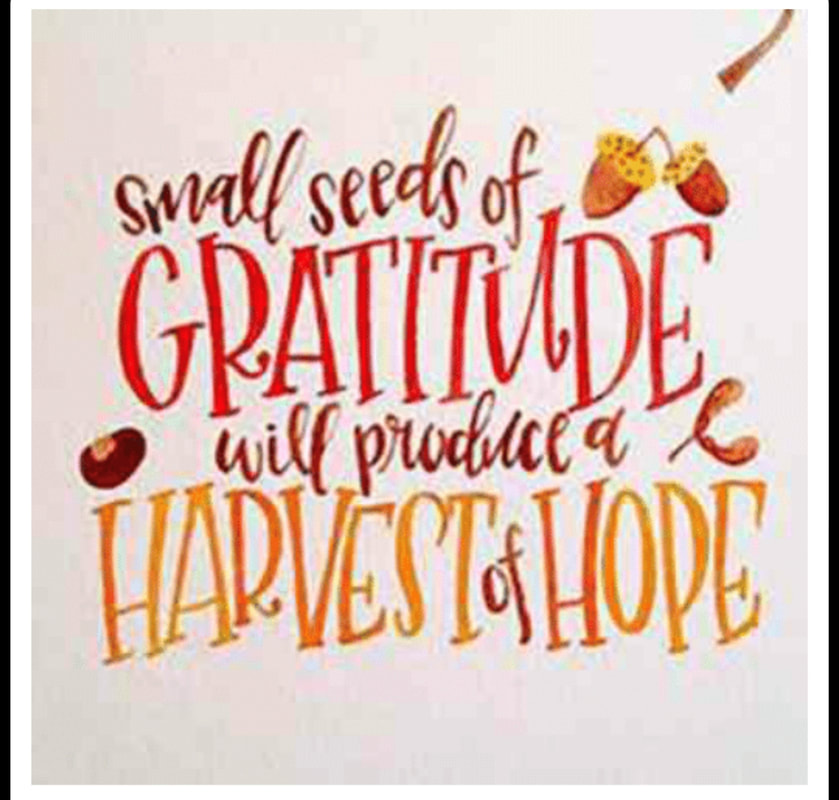
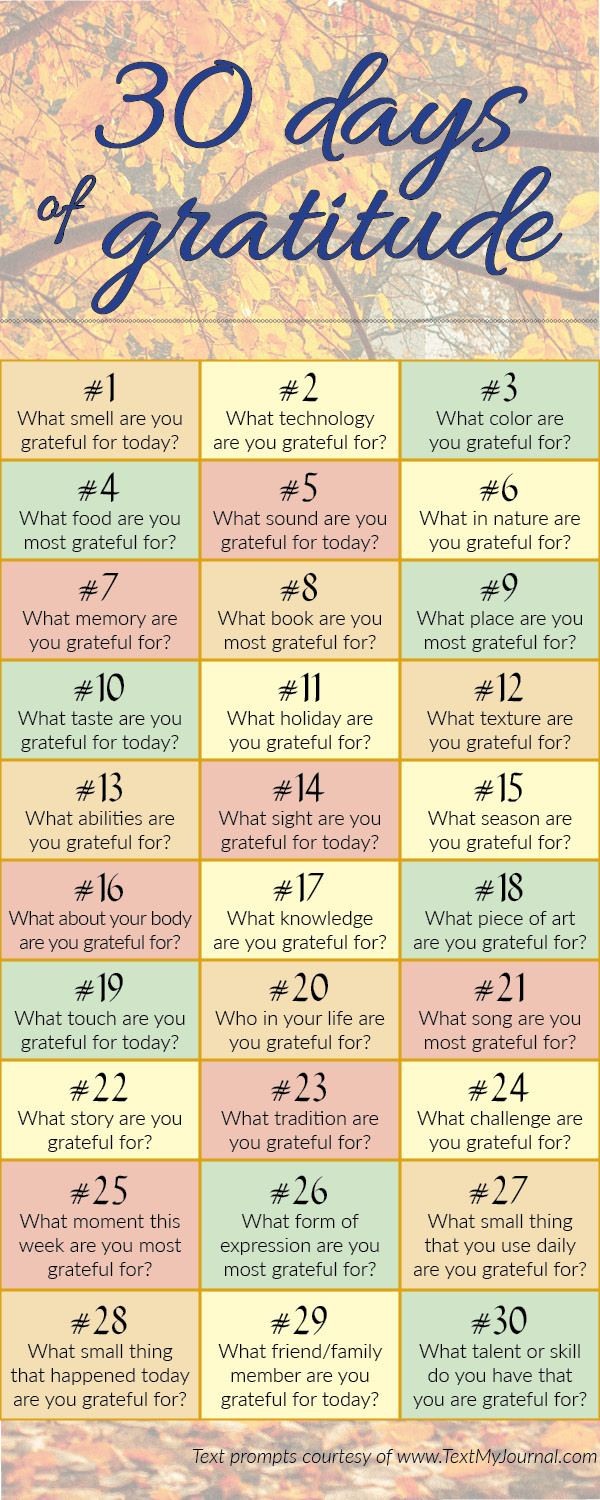
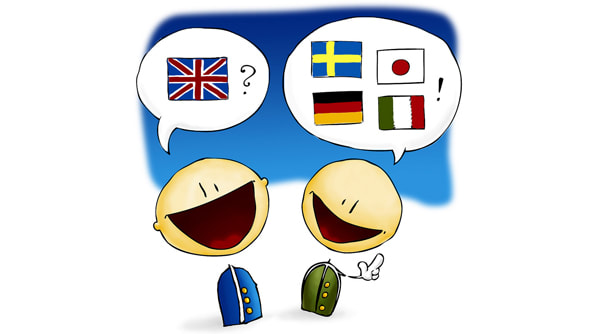
 RSS Feed
RSS Feed